Could Cryptocurrency change the International Economic System?
The United States holds tremendous power over the world economy, not least because the USD is the world’s most popular currency, and…
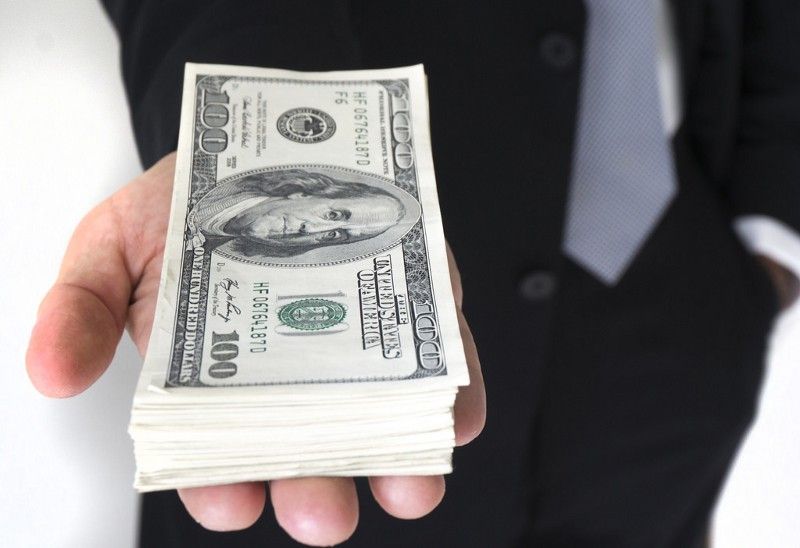
The United States holds tremendous power over the world economy, not least because the USD is the world’s most popular currency, and essentially the global reserve. The USD has allowed the US to be the hegemonic power it is, arguably even playing a larger role than its military or politics. The majority of international trade depends on the USD, especially when involving developing economies. Banks and countries all around the world hold USD in their vaults.
Cryptocurrency is in a unique position to challenge that power. Other countries, especially China, are vying for their currency to become the global reserve, but they are held back by international politics. Because of the deadlock, decentralization offers an alternative to circumvent this. The question is how to catapult cryptocurrencies into a position to offer their decentralization to the international monetary system.
The first avenue is to displace the USD’s dominance from the bottom up, starting with the economies of developing countries. The world’s financial systems have often shown a conservative streak; they aren’t open to a shakeup of the international monetary system. Therefore, one of the most logical approaches for cryptocurrency to gain dominance is to promote its decentralized nature. In the current economic order, developing nations are dealt a bad hand. This is largely thanks to poor trade deals following decolonization, and the promotion of Western based developmental economics in the second half of the 20th Century. This means many countries in Africa and Asia can not properly enter or aren’t sufficiently adapted to the international market. Cryptocurrency offers a chance to help the countries and people that have been held ransom by the post-colonial economy.
An MIT group is looking to do just that, by spearheading a new concept called Tradecoin. Currently, if small countries want to participate in international trade, they have to do business through big banks in USD. This leads to a number of issues: they have to pay huge fees and hold large amounts of foreign currency, and consequently will get burned the worst during financial crises. Tradecoin seeks to alleviate those problems. First, the MIT group wants to create an alliance of small nations, or groups of individual businessmen. This alliance will then adopt Tradecoin; allowing the members to trade with each other without the need for big banks or USD.
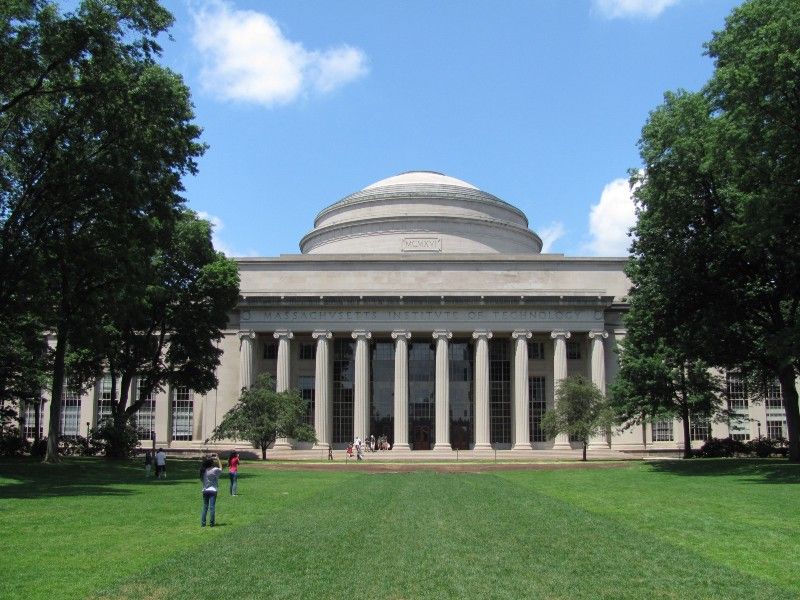
Tradecoin would be anchored to the prices of certain assets, such as crops or national bonds. This helps ensure the stability of the currency, and encourages small actors to join the alliance. If successful, such an alliance would help significantly diminish the USD’s position as the global reserve. If enough small actors joined together all using a cryptocurrency for their trade, the big players would end up being left out; therefore the alliance members would be free from the deleterious of the international monetary system.
There are other examples of cryptocurrency companies helping small businesses. BitPesa is a cryptocurrency payment company that allows people in Africa to perform business transactions easily across borders. This helps entrepreneurs trade for materials with people in other areas, thereby again bypassing the big banks. Blockonomics, which just announced a new ICO, is also working in that direction by creating easy to use Bitcoin payment options for ecommerce entrepreneurs. Such companies are helping elevate cryptocurrency to an international standard. If cryptocurrencies are used by the masses, including small nations, their standing in the international system would improve.
There is another way to displace the USD though, albeit more unlikely, and that’s from the top. Up and coming China has especially been discontent with the idea of the USD as a global currency. There are also a variety of problems with having a national currency as the global reserve. As was evidenced in 2008, any American financial crisis will ripple around the world. Inflation also leads to a decline in value of the USD held by other nations. In 2009, China called for a new global currency that would be run by the International Monetary Fund (IMF) to combat this. An IMF independent currency would provide another avenue for cryptocurrency to offer its services as a global reserve.
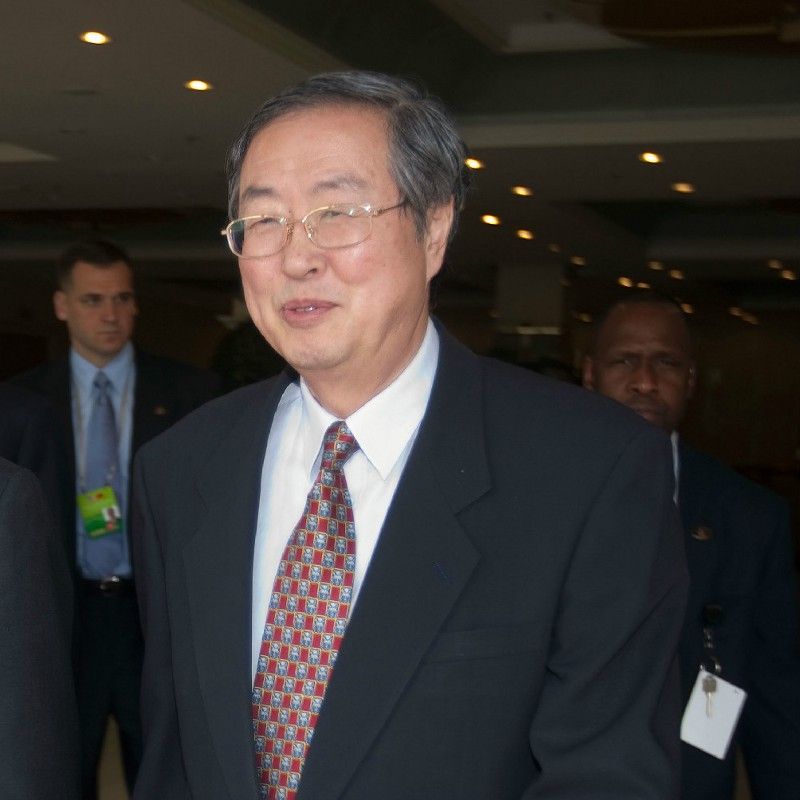
The IMF regulates the world’s currencies, setting guidelines for countries and individuals regarding monetary policy and usage. Currently, cryptocurrencies are not regulated as international currencies. However, the IMF is currently looking into cryptocurrency regulation. The right kind of regulation from the IMF would be beneficial. It would grant international legitimacy to Bitcoin, and would set the stage for cryptocurrencies to become the global standard. Currently the IMF only allows countries to become members of the IMF, which at first glance would mean Bitcoin couldn’t be fully recognized and regulated by the IMF. However, Section 3 of the charter would allow Bitcoin to become a quasi-official currency. The IMF could acquire its own supply of Bitcoin by voluntarily buying some from Bitcoin holders.
This recognition and regulation of cryptocurrencies would be an important first step. After legitimization, countries would quickly realize the benefits of cryptocurrencies. Currently, non-US allies don’t trust having to hold vast amounts of the USD. A decentralized cryptocurrency would alleviate those fears; no one country would have control over the currency and could never have control because of the nature of the blockchain. This alone would be a huge selling point, it ensures there can’t be hostile monetary acts by a controller of the global reserve. There wouldn’t be an easy way for a country to create price volatility. This can also be combated by pegging the cryptocurrency to some kind of asset that the IMF could control, just like Tradecoin is striving to do. Already some countries, like Venezuela, are looking into state-backed cryptocurrencies, but are using for nefarious means to try to create more upheaval in the international system, as I outlined in my previous article. Cryptocurrency if used as a global reserve, however, has the potential to help the international system.
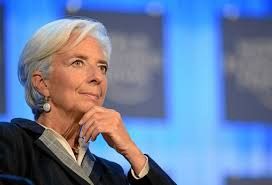
A cryptocurrency as the global reserve would be greatly beneficial for the international community. IMF head, Christine Lagarde, has made favorable comments regarding cryptocurrency, especially praising its decentralization. However, she’s also claimed that cryptocurrency has a dark side that must be reigned in. I’ve agreed with her, to an extent, in a previous article. Regulation can be a very good thing, which is an unpopular opinion in the cryptocurrency world, but it must be nurturing. Regulation can’t be focused on stifling cryptocurrency, instead it should work to make cryptocurrency more even more legitimate. If cryptocurrencies are regulated, they would be more likely to accepted by nations for their own usage. If that happened, the possibility that cryptocurrency could be lobbied as a global reserve would grow.
Of course, the idea that cryptocurrency could completely overthrow the USD, oreven become the global reserve, is pretty much a pipe dream today. If it is to happen, it won’t be for many years and will require much change in the conservative financial systems. Yet Bitcoin and cryptocurrencies are changing the world, and are becoming more popular everyday. With groups like Tradecoin, Bitpesa, and our Blockonomics, cryptocurrency is coming one step closer to being the world economic influencer it should be.


![Top 10 Tools and Resources for Crypto Research [2021]](/content/images/size/w720/max/800/1-kDyyUnRCD656bm2ny-jHag.png)
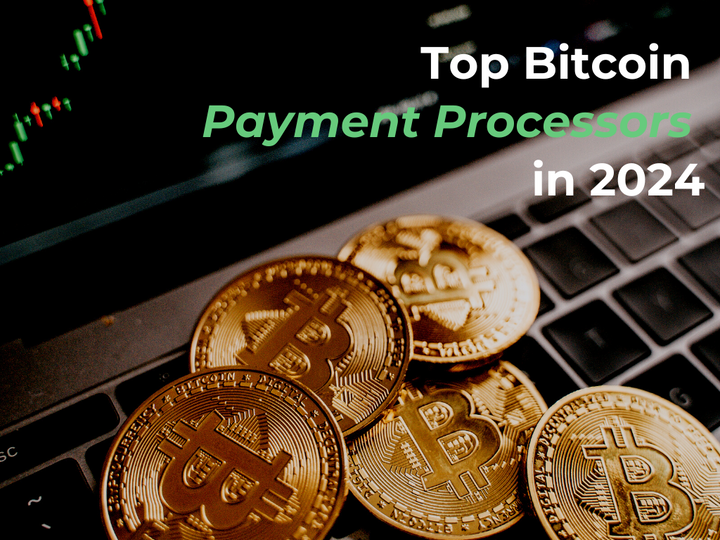
Comments ()